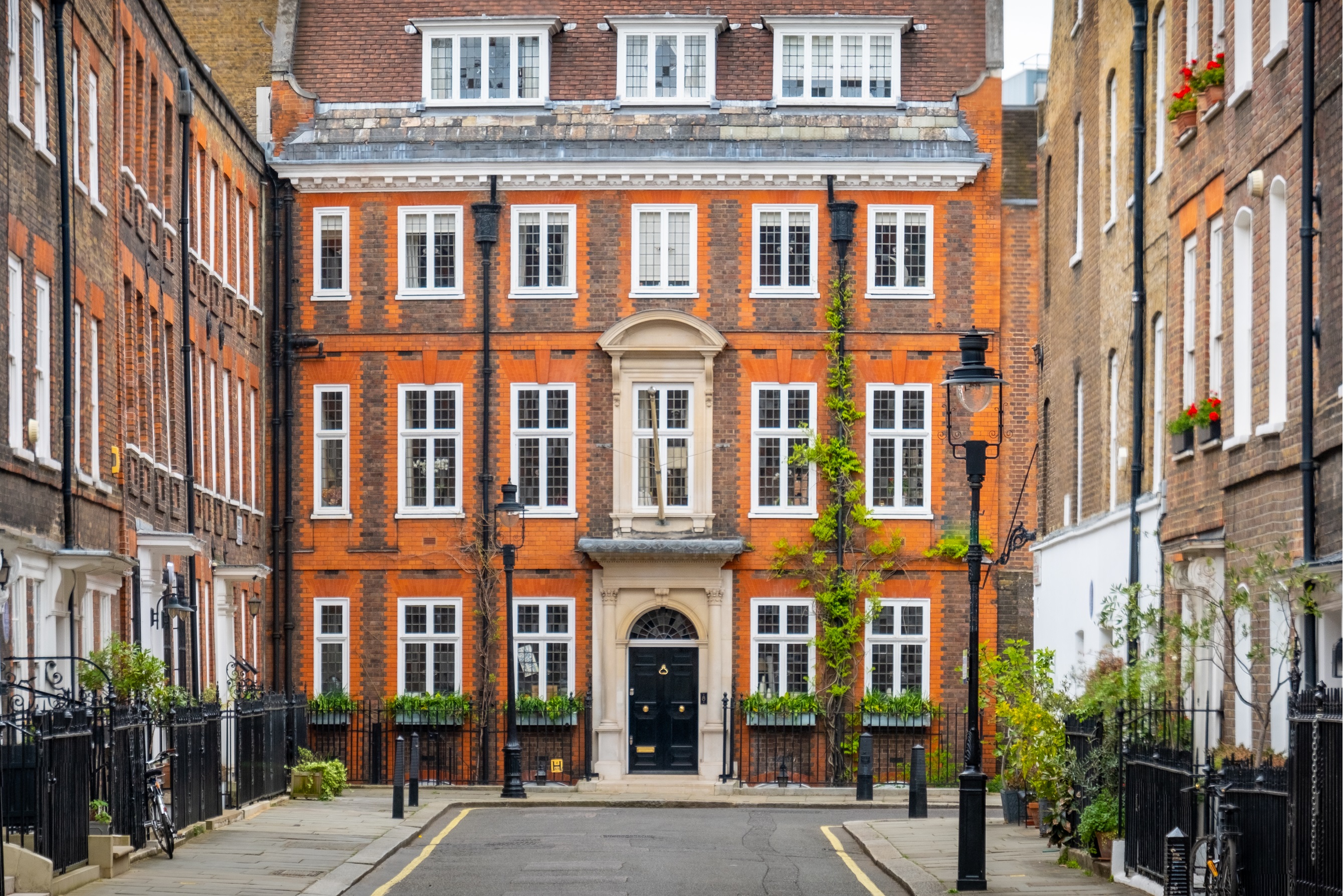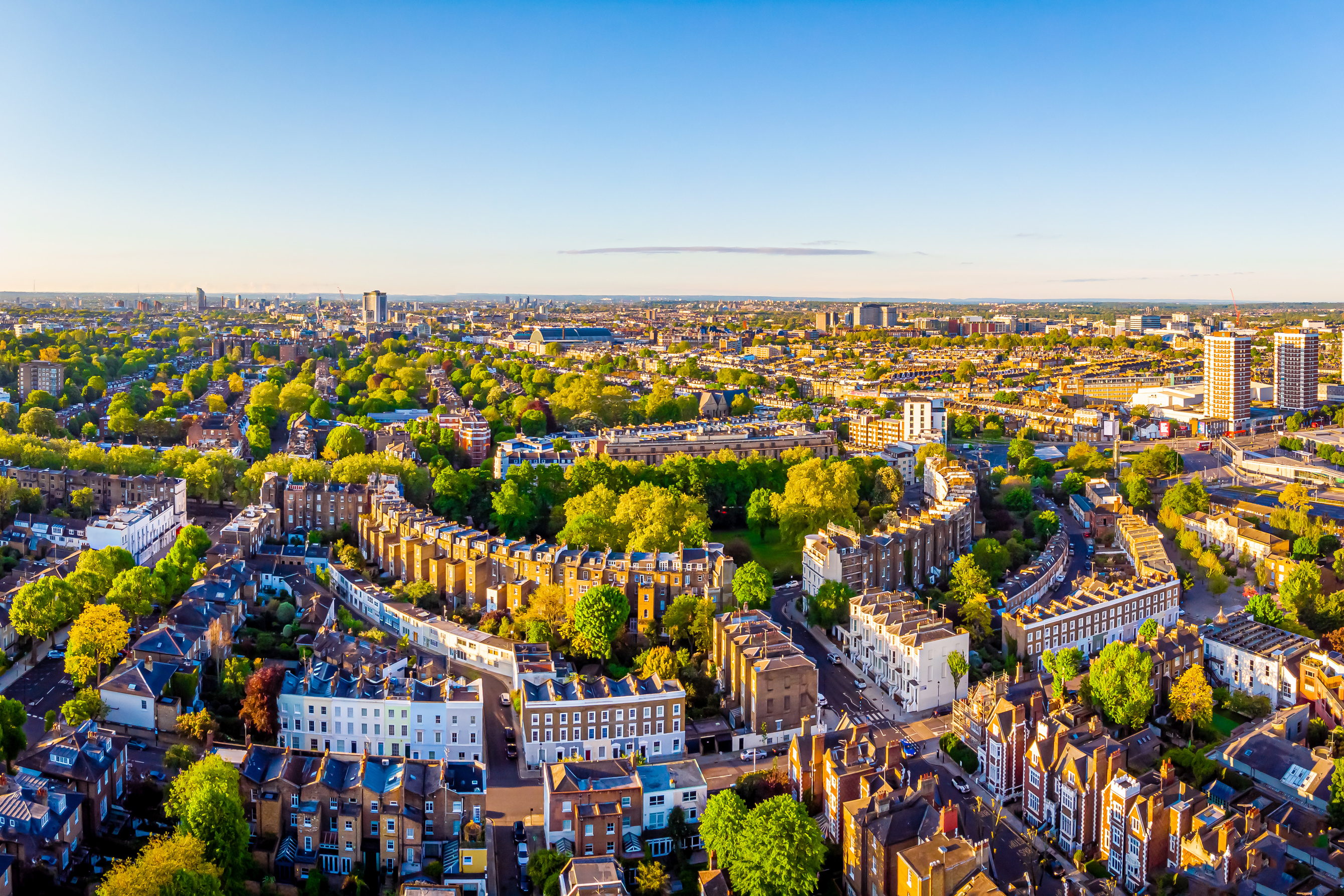2025 outlook: save on Stamp Duty before it's too late
During the mini-budget in September 2022, the stamp duty thresholds on residential property were raised to their current levels, with the nil band increased from £125,000 to £250,000 for homemovers selling their home to buy another one, and first-time buyers paying no stamp duty on properties costing up to £425,000.
While this was initially brought in as a permanent change, Chancellor Jeremy Hunt would later announce that the change would only remain in place until April 2025. Although there was the hope that the newly appointed Labour Chanceller, Rachel Reeves, would keep the threshold as a permanent change, this has not been the case, and in the recent Budget she announced that thresholds will revert back to their pre-2022 levels as planned.
This means that there are only a few months left at the current rates, and completing a property purchase after 31 March 2025, will mean paying thousands more on stamp duty.
As it stands now, buyers who are a UK resident purchasing a residential property as their primary residence, will pay the following:
Up to £250,000 - Zero
The portion from £250,001 to £925,000 - 5%
The portion from £925,001 to £1.5 million - 10%
The portion above £1.5 million - 12%
So, if you are purchasing a property for £300,000, you would pay no stamp duty on the first £250,000 and 5% on the remaining £50,000, which would equate to £2,500.
For any additional property, a further 5% surcharge would apply.
From 1 April 2025, the following rates will apply:
Up to £125,000 - Zero
The portion from £125,001 to £250,000 - 2%
The portion from £250,001 to £925,000 - 5%
The portion from £925,001 to £1.5 million - 10%
The portion above £1.5 million - 12%
This mean that for the same £300,000 property, the buyer would now be paying no stamp duty on the first £125,000, 2% on the next £125,000 and 5% on the remain £50,000, which equates to £5,000.
First-time buyers
Currently, first-time buyers pay no stamp duty up to £425,000, and 5% on values between £425,001 and £625,000. Homes above £625,000 do not qualify for the first-time buyer relief. From April next this, first-time buyers will pay no stamp duty on the first £300,000 and 5% on the portion between £300,001 and £500,000, with no first-time buyer relief on purchase above £500,000.
Current first-time buyer stamp duty rates:
Up to £425,000 – Zero
The portion from £425,001 to £625,000 – 5%
First-time buyer stamp rates from 1 April 2025:
Up to £300,000 – Zero
The portion from £300,001 to £500,000 – 5%
According to Iain McKenzie, CEO of The Guild, as we head towards the deadline of threshold change, there will likely be an increase in market activity leading up to April 2025. He adds that those wishing to make the most of the current rates and avoid additional costs, should start planning their transactions now to get over the line before the cut off.
Impact on market activity leading to April 2025
Historically, Stamp Duty changes have triggered a surge in transactions as deadlines approach. As we edge closer to April 2025, there may be heightened demand from homebuyers hoping to benefit from the current thresholds, with many aiming to finalise purchases before the less favourable rates take effect.
McKenzie reflects, “Previous stamp duty holidays have shown us that market activity often spikes as we approach the end of relief periods. Sellers who are thinking of putting their homes on the market could benefit from buyers looking to accelerate their purchasing timelines and the expected rise in activity as we move closer to the change in the thresholds.”
In conclusion, the upcoming changes to stamp duty thresholds mark a critical moment for the property market, creating a narrow window of opportunity for buyers and sellers to capitalise on the current rates. For those considering a move or a purchase, early preparation and swift action will be key to navigating this period effectively.
Contact us
If you are looking to move home before the stamp duty changes come into effect in 2025, contact your local Guild Member today.





